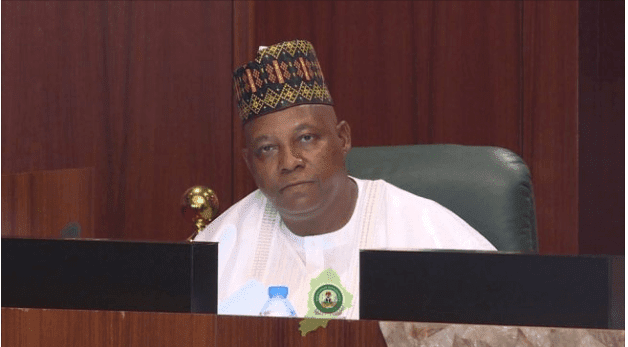The National Economic Council (NEC), led by Vice President Kashim Shettima, has recently established committees to address critical economic issues, including crude oil theft and management. This important development emerged during the 138th virtual meeting of the NEC, where various strategies for tackling pressing economic challenges were discussed.
Committees and Responsibilities
The Economic Affairs committee, headed by Kwara State Governor AbdulRahman AbdulRazak, is tasked with crafting a clear roadmap to address petroleum subsidy, wage negotiations, exchange rate management, fiscal sustainability, and other crucial aspects of economic management.
Simultaneously, the Crude Oil Theft and Management Committee, now under the leadership of Imo State Governor Hope Uzodimma, was reconstituted to combat the ongoing issue of crude oil theft. Both committees comprise a diverse range of members, reflecting regional and expertise diversity.
Key Expectations and Vision
Vice President Shettima underscored the government’s commitment to addressing challenges inherited from previous administrations, emphasizing the importance of delivering tangible results to the citizens. He urged council members to prioritize governance matters over the upcoming holidays, recognizing the weight of their responsibilities and the need to fulfill electoral promises.
Impact of Reforms
Vice President Shettima highlighted the need for citizens to feel the positive impact of recent government reforms, particularly the removal of fuel subsidies and forex unification. He emphasized that the global challenges of high inflation and increased living costs require realistic interventions and collaborative efforts.
Financial Update
The council also received updates on account balances, revealing that as of October 31, 2023, the Excess Crude Account held $473,754.57, and the Stabilization Account contained N32.06bn. Furthermore, the Development of Natural Resources Account totaled N156.77bn during the same period.
This move by the NEC underscores a vigilant and proactive approach to economic governance, demonstrating a commitment to addressing pressing issues and fostering sustainable growth. As the committees begin their work, all eyes are on the potential impact of their recommendations and strategies on the Nigerian economy.
